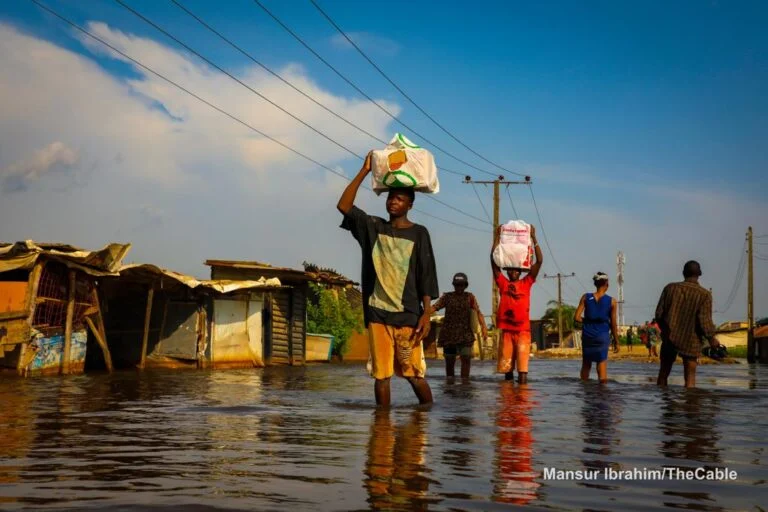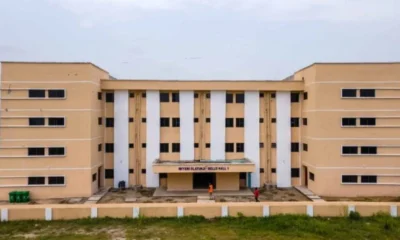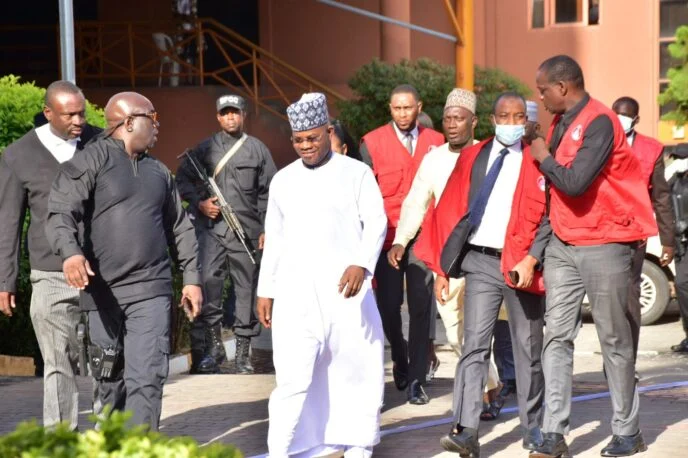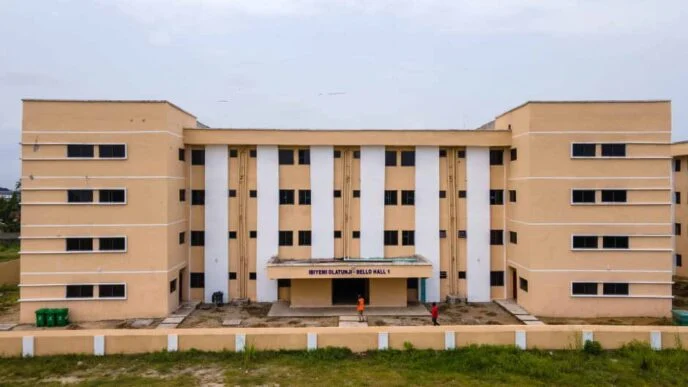BIG STORY
Lagos Government Asks Residents Along Ogun River To Relocate As Oyan Dam Plans Water Release
-

 BIG STORY4 days ago
BIG STORY4 days agoNational Assembly Passes Life Imprisonment Bill For Nigerian Drug Traffickers
-

 BIG STORY2 days ago
BIG STORY2 days agoDiscos May Move Three Million Subscribers To Estimated Billing Over Failure To Upgrade Prepaid Meters
-

 BIG STORY4 days ago
BIG STORY4 days agoUPDATE: We’re Ready To Provide Evidence For Trial Of Simon Ekpa — Enugu Government
-

 BIG STORY2 days ago
BIG STORY2 days agoDonors Supporting Simon Ekpa Guilty Of Terrorism — Lawyers
-

 BIG STORY2 days ago
BIG STORY2 days agoBritish Court Orders David Hundeyin To Pay N200million As Damages To BBC Journalist For Libel
-

 BIG STORY1 day ago
BIG STORY1 day agoJUST IN: Ebonyi Governor Suspends Health, Housing Commissioners Over “Gross Misconduct, Negligence Of Duty”
-

 BIG STORY4 days ago
BIG STORY4 days agoMuch Ado About Meddlesome Minions, And Messengers Of Misinformation — By Tayo Williams
-

 BIG STORY1 day ago
BIG STORY1 day agoTwo US-Based Nigerians Bag 30-Year Jail For $3.5m Romance Scam

























